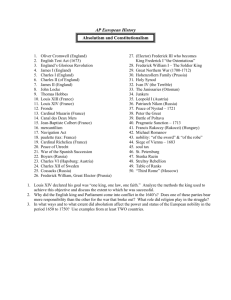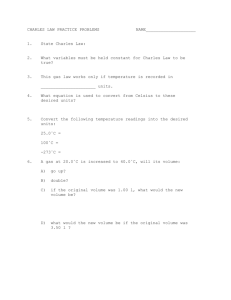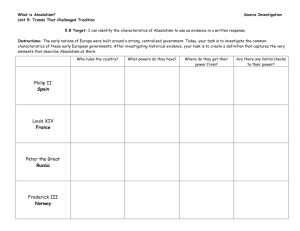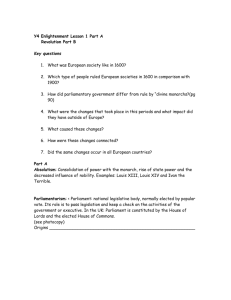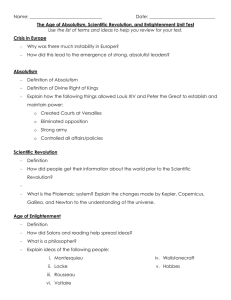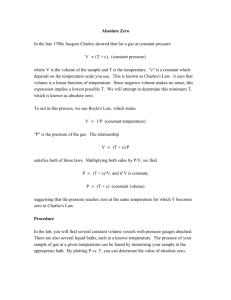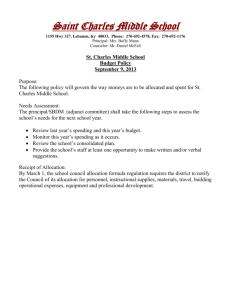Week 2
advertisement
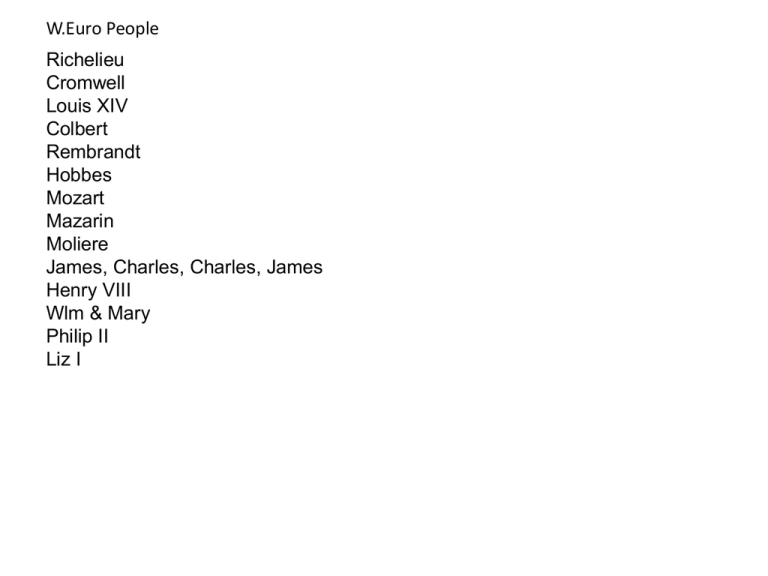
W.Euro People Richelieu Cromwell Louis XIV Colbert Rembrandt Hobbes Mozart Mazarin Moliere James, Charles, Charles, James Henry VIII Wlm & Mary Philip II Liz I W.Euro Terms Fronde Edict of Nantes Revocation Absolutism Divine right Politique Spanish Armada CENTRALIZATION English CW E.I.C. Palace of Versailles Intendents Protectorate War of Spanish Succession Treaty of Uchrecht BALANCE OF POWER South Sea Bubble Glorious Revolution Social Contract Baroque Estates General Commonwealth Huguenots Bank of Amsterdam E.Euro People & Terms Pragmatic Sanction Serfdom Junker Boyars Militarization Diplomatic Revolution (1756) Partition of Poland Westernization Great Embassy Germanic Liberities Polish Diet War of Austrian Succession St. Petersburg 7 Years’ War Enlightened Despotism Potemkin Villages Brandenburg Ivan Terrible Peter the Great Catherine the Great Hollenzolerhin (Fredericks) Habsburgs Streltsi Duma Compare/contrast the transformations of E & W Euro List of important Sci Rev people; then list of accomplishments & terms Match them up! Enlightenment terms & people Voltaire Montesquieu Locke (Hobbes) Rousseau Diderot Beccaria Kant Adam Smith Wollstonecraft D’almbert De Gouges Philosophes Salon Coffeehouses Natural law Social contract Deism Enlightened despot Rocco Both Jean-Baptiste Colbert (1619-1683) and Adam Smith (1723-1790) sought to increase the wealth of their respective countries. How did their recommendations differ? Trace the development of the English Parliament during the 17th century. Can an absolute monarchy coexist with laissez-faire capitalism or is mercantilism a necessary economic expression of absolutism? Compare and contrast two theories of government introduced in the period from 1640-1780. Machiavelli suggested that a ruler should behave both “like a lion” and “like a fox.” Analyze the policies of TWO of the following European rulers, indicating the degree to which they successfully followed Machiavelli’s suggestion. CHOOSE TWO: Elizabeth I of England Henry IV of France Catherine the Great of Russia Frederick II of Prussia In what ways and to what extent did absolutism affect the power and status of the European nobility in the period 1650-1750? Use examples from at least TWO countries. Analyze the development of absolutism in France. Between 1450 and 1800, many women gained power as rulers, some as reigning queens, others as regents. Identify two such powerful women and discuss how issues of gender, such as marriage and reproduction, influenced their ability to obtain and exercise power. Explain the development of the scientific method in the scientific method in the 17 century and the impact of scientific thinking on traditional sources of authority. In what ways did the expansion of the natural sciences during the Age of Enlightenment affect the intellectual and political culture of the period. To what extent could the Enlightenment be viewed as a Second Renaissance? To what extent did the Enlightenment express optimistic ideas in 18th century Europe? Illustrate your answer with references to specific individuals and their works. WEEK 2 Evening Review Test 1. d 2. b 3. a 4. a/d 5. b 6. a 7. b 8. c Charles II was the last of the Spanish Habsburg dynasty, physically disabled, mentally retarded and disfigured (possibly through affliction with mandibular prognathism — he was unable to chew). His tongue was so large that his speech could barely be understood, and he frequently drooled. He may also have suffered from the bone disease acromegaly. He was treated as virtually an infant in arms until he was ten years old. Fearing the frail child would be overtaxed, he was left entirely uneducated, and his indolence was indulged to such an extent that he was not even expected to be clean. When his half-brother John of Austria the Younger, a natural son of Philip IV, obtained power by exiling the queen mother from court, he insisted that at least the king's hair should be combed. The years of Charles II were agonizing for Spain. The economy was stagnant, there was hunger in the land, and the power of the monarchy over the various Spanish provinces was extremely weak. Charles' unfitness for rule meant he was often ignored and power during his reign became the subject of court intrigues and foreign, particularly French, influence. As the American historians Will and Ariel Durant put it, Charles II was "short, lame, epileptic, senile, and completely bald before thirty-five, he was always on the verge of death, but repeatedly baffled Christendom by continuing to live 9. b 10. c (Ivan 1462-1505) 11. d Sejms severely limited the king's powers. They had the final decision in legislation, taxation, budget, and treasury matters (including military funding), foreign affairs and ennoblement. Until the end of 16th century, unanimity was not required and majority voting was most common. Later, with the rise of the magnates power, unanimity principle was reinforced with the szlachta right of liberum veto (from Latin, meaning: I freely forbid). If the deputies could not attain unanimity, then after six weeks (the upper time limit of its sittings) had elapsed, the deliberations as a whole were declared null and void. From the mid-17th century onwards, any objection to a Sejm resolution from either a deputy or a senator automatically caused other, previously approved resolutions to be rejected. 12. a 13. b 14. c 15. a 16. b/c/d 17. d 18. a 19. b 20. a 21. d 22. a 23. c 24. b 25. c 26. c 27. c 28. c; a-Copernicus; b- Andreas Vesalius; d-made up 29. a INDUCTIVE 30. d Blaise Pascal (pronounced [blɛz paskal]), (June 19, 1623 – August 19, 1662) was a French mathematician, physicist, and religious philosopher. He was a child prodigy who was educated by his father. Pascal's earliest work was in the natural and applied sciences where he made important contributions to the construction of mechanical calculators, the study of fluids, and clarified the concepts of pressure and vacuum by generalizing the work of Evangelista Torricelli. Pascal also wrote in defense of the scientific method. Pascal was a mathematician of the first order. He helped create two major new areas of research. He wrote a significant treatise on the subject of projective geometry at the age of sixteen, and later corresponded with Pierre de Fermat on probability theory, strongly influencing the development of modern economics and social science. Following a mystical experience in late 1654, he abandoned his scientific work and devoted himself to philosophy and theology. 31. a 32. b 33. a 34. a 35. a Deism is a religious philosophy and movement that derives the existence and nature of God from reason and personal experience. 36. d 37. c; a-not Rousseau (Condorcet); b- education; d-moral inequality 38. a- most famous for being one of the first self-described atheists in Europe 39. a 40. c 41. a 42. d 43. c 44. b 45. c 46. b 47. d 48. d 49. a 50. b 51. d 52. d 53. c 54. b 55. c The Diplomatic Revolution of 1756 is a term applied to the reversal of longstanding diplomatic alliances which were upheld until the War of Austrian Succession and then reversed in the Seven Years' War. The essence of the revolution may be thus summarized: France and Prussia versus Great Britain and Austria became France and Austria versus Great Britain and Prussia. 56. a 57. c 58. Bad Question 59. c 60. b (not d b/c NOT gov’t reforms)
